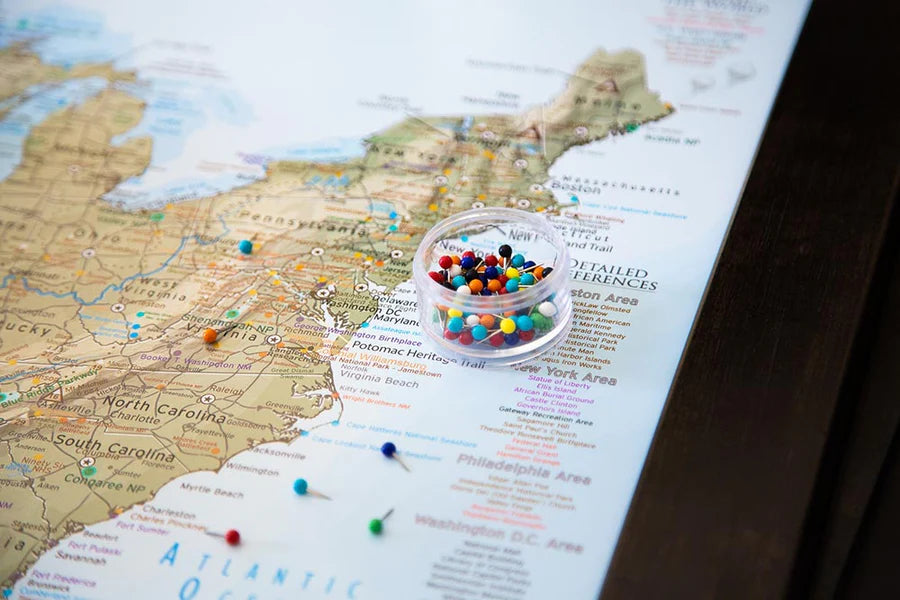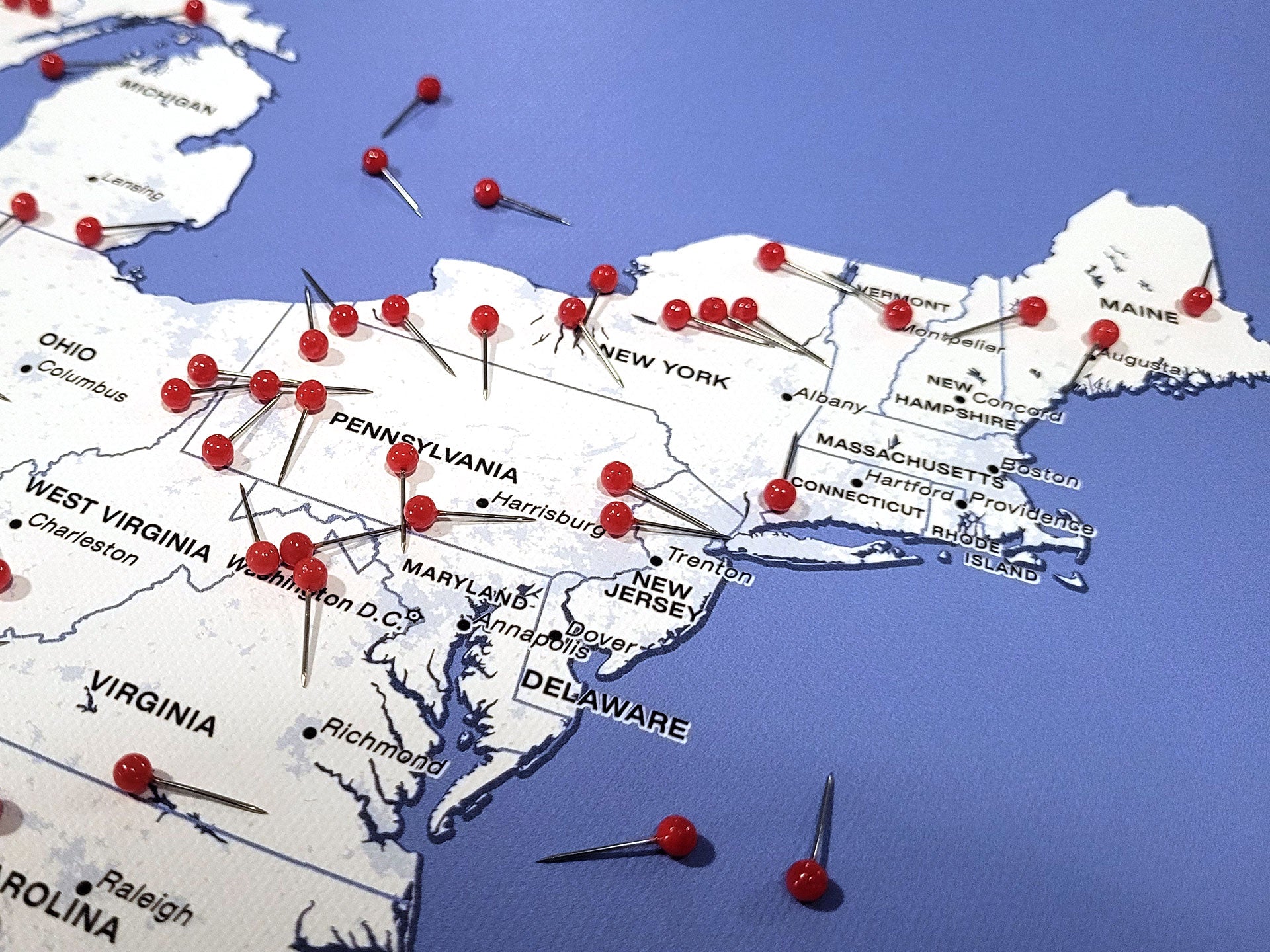The Tampa Bay Rays, a Major League Baseball (MLB) team based in St. Petersburg, Florida, have a relatively short but dynamic history that reflects their journey from an expansion team to a competitive force in the league. The franchise's history is characterized by overcoming challenges, developing a unique identity, and achieving success through innovation and strategic management.
The Rays were established as an expansion team in 1998, joining the American League (AL) East division. Originally known as the "Tampa Bay Devil Rays," the team played its home games at Tropicana Field in St. Petersburg. The Rays' early years were marked by struggles as they navigated the challenges that often accompany new franchises in professional sports.
Despite their early difficulties, the Rays underwent a transformation in the mid-2000s. Under new ownership and management, the team sought to build a strong foundation for success. One of the key turning points was the rebranding of the team as the "Tampa Bay Rays" in 2008, a change that reflected a fresh start and a renewed commitment to the community.
The Rays' success has been shaped by their innovative approach to team management and player development. With a focus on analytics and a data-driven decision-making process, the Rays have consistently found ways to compete against teams with larger budgets. This strategy, often referred to as the "Rays Way," has led to the discovery of hidden talents and unconventional tactics on the field.
In 2008, the Rays achieved their first significant milestone by reaching the World Series for the first time in franchise history. Led by a talented roster that included Evan Longoria, Carlos Pena, and David Price, the Rays captured the American League pennant. Although they fell short in the World Series against the Philadelphia Phillies, the Rays' playoff run demonstrated their potential for success.
The Rays' recent success in the 2020 season further underscored their resilience and adaptability. Despite the challenges posed by the COVID-19 pandemic, the Rays reached the World Series once again. Their impressive performance and team cohesion exemplified their commitment to excellence under unique circumstances.
Off the field, the Rays have been actively involved in community engagement, philanthropy, and youth programs. Their efforts have aimed to connect with the local community and make a positive impact beyond the ballpark. Tropicana Field, the team's home stadium, has become a recognizable landmark in the Tampa Bay area.
In conclusion, the Tampa Bay Rays' history is a testament to their determination, innovation, and dedication to creating a competitive and community-oriented franchise. From their early struggles to their recent achievements, the Rays have carved out a unique identity in the world of baseball. Their commitment to embracing new strategies, developing talent, and engaging with the community reflects their aspiration to leave a lasting legacy both on and off the field.





























